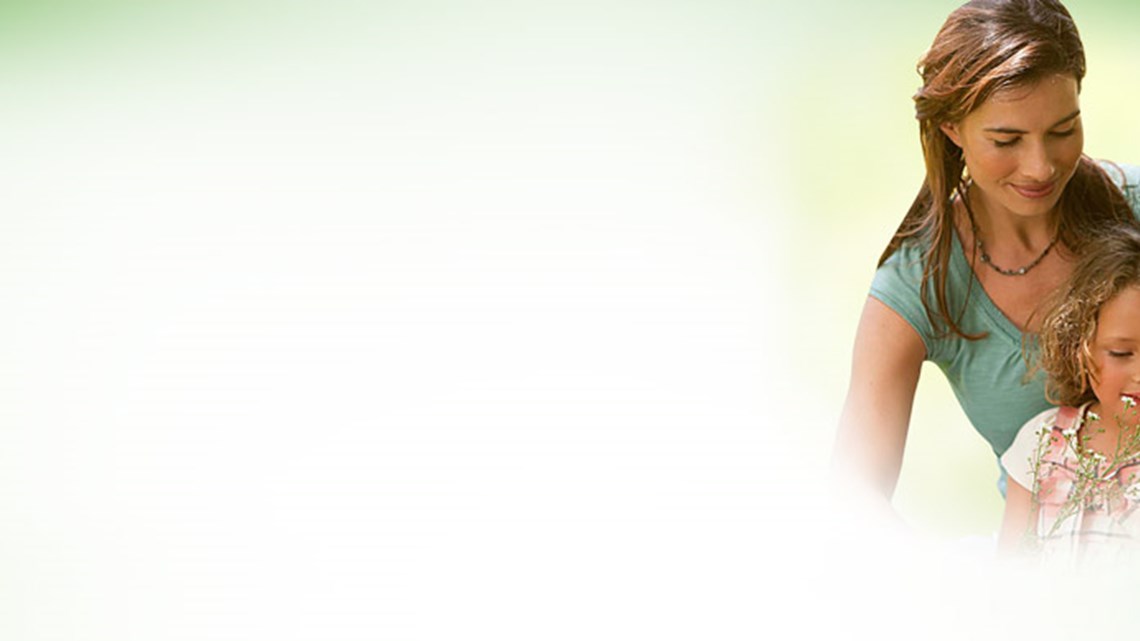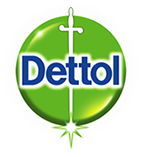Good personal hygiene is essential in helping to prevent the development and spread of infections and illnesses, both in the home and elsewhere.

Handwashing
Hand washing is one of the best ways that individuals can protect themselves and help to stop germs spreading. It is especially important when your hands look dirty, or when someone in your house is ill.
Wash your hands before the following activities
- Handling food or eating.
- Preparing a baby’s feed or handling sterilised equipment.
- Applying contact lenses.
- Dressing a wound, giving medicine, or applying a medical device (e.g. catheter).
Wash your hands after the following activities
- Contact with contaminated items, such as rubbish bins and cleaning cloths.
- Using the toilet or changing a nappy.
- Handling raw foods, such as poultry.
- Touching animals or their toys or equipment.
- Contact with blood or body fluids (like vomit, nasal secretions, saliva).
- Touching a contaminated area (e.g. cleaning cloth, drain, soil).
- Dressing a wound, giving medicine, or applying a medical device (e.g. catheter).
How to wash your hands
- Wet your hands with warm water and apply a small amount of soap.
- Rub your palms together vigorously (away from the water) to make a lather.
- Rub together every part of your hands, including the backs of your hands, your thumbs, between your fingers, and under and around your nails.
- Continue for at least 20 seconds. It takes that long for the soap and scrubbing action to dislodge and remove the germs.
- Rinse your hands well under clean running water.
- Dry your hands thoroughly using a clean dry towel.
Use hand sanitisers to keep your hands clean if water isn't available.
Personal Hygiene Routine
Keeping your body clean and taking care with your personal hygiene routine helps to keep you healthy, protect you from infections, and also helps to prevent other health problems such as body odour, dental decay and bad breath.
- Avoid sharing personal care items, such as toothbrushes, razors, cosmetics, washcloths and towels.
- Shower or bathe every day with an antimicrobial product before using a deodorant or antiperspirant.
- After washing, dry your skin thoroughly with a clean towel – especially in any folds of skin and between toes.
- Change your underclothes and socks/tights every day and launder these and the rest of your family’s clothes regularly.
- Brush your teeth twice a day, including just before you go to bed.
- Keep your nails short and clean.
- When toileting or cleaning a baby’s bottom, avoid introducing faecal germs into the urinary tract by always wiping from front to back.
- Rinse items such as toothbrushes and razors with clean, safe water after use and store them somewhere clean and dry.
- Replace razor blades regularly as using worn or damaged blades increases the risk of nicks and abrasions.
- Use an anti-dandruff or anti-fungal shampoo to treat dandruff.
- Wash twice daily with a mild cleansing agent to help keep spots under control before rinsing with warm, not hot, water and patting dry with a clean towel. Drink lots of clean water to keep the skin hydrated.
Preventing the Spread of Colds and Flu
Cold and flu viruses can spread easily, but there are some simple steps that you can take to help protect yourself and your family.
- Frequently wash your hands with soap and water.
- Use a hand sanitiser to destroy the germs on your hands when soap and water are not available.
- Cover your mouth and nose with a tissue when coughing or sneezing.
- Put your used tissues in a bin and wash your hands thoroughly afterwards.
- If you are in an ‘at-risk’ group, get a flu vaccination.
- Avoid close contact with people who are ill.
- Regularly clean and disinfect surfaces, especially the surfaces that people often touch with their hands (e.g. handles and work surfaces).
First Aid
Keeping cuts, abrasions and other minor wounds clean and covered helps to stop illness-causing germs getting inside your body and causing an infection. If you’ve cut or wounded yourself, you may also need a tetanus jab (vaccine) if the injury has broken your skin and your tetanus vaccinations aren’t up to date.
You can treat small cuts, grazes, insect bites, stings and other minor wounds at home.
- Avoid touching wounds unnecessarily or picking at scabs.
- Always clean your hands before and after touching a wound using an antimicrobial soap, or an alcohol-based hand sanitiser.
- Carefully clean the wound with clean, running water, an antiseptic wash, or correctly diluted antiseptic liquid.
- Gently dry the skin around the wound using a clean tissue or gauze.
- Apply an antiseptic cream or ointment to the wound to help kill any remaining germs.
- Protect the wound from dirt and germs by covering it with an adhesive plaster or sterile dressing.
- Change dressings and plasters regularly and whenever they are wet and put used ones in a bin.
If a wound won’t stop bleeding or is serious, you need to get medical help straight away.
